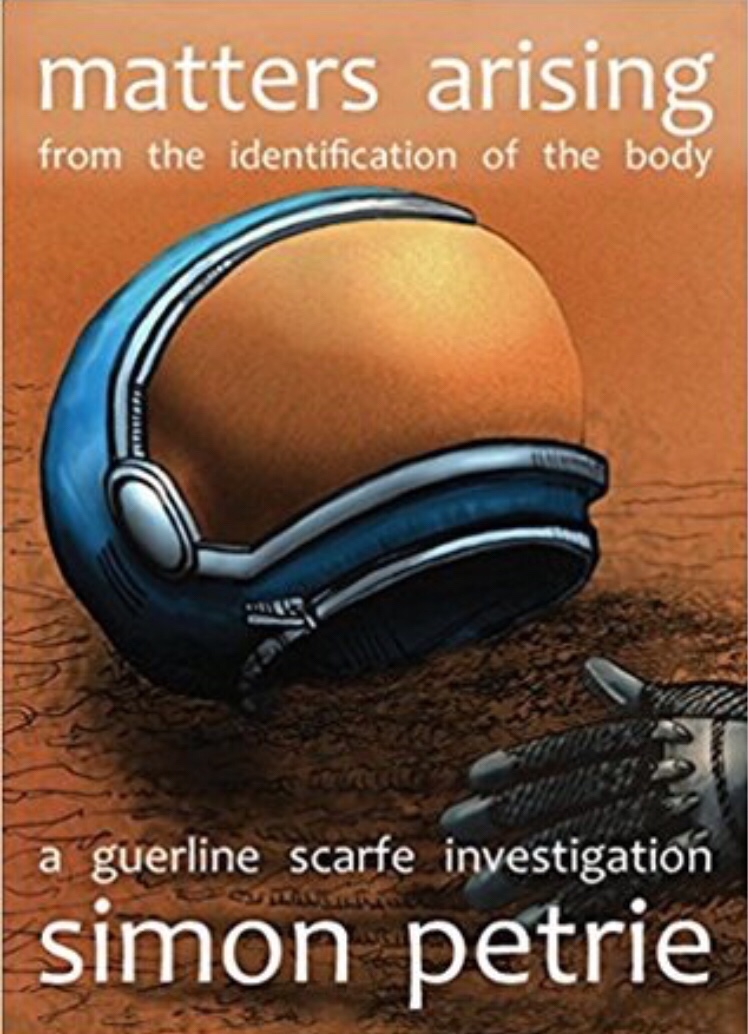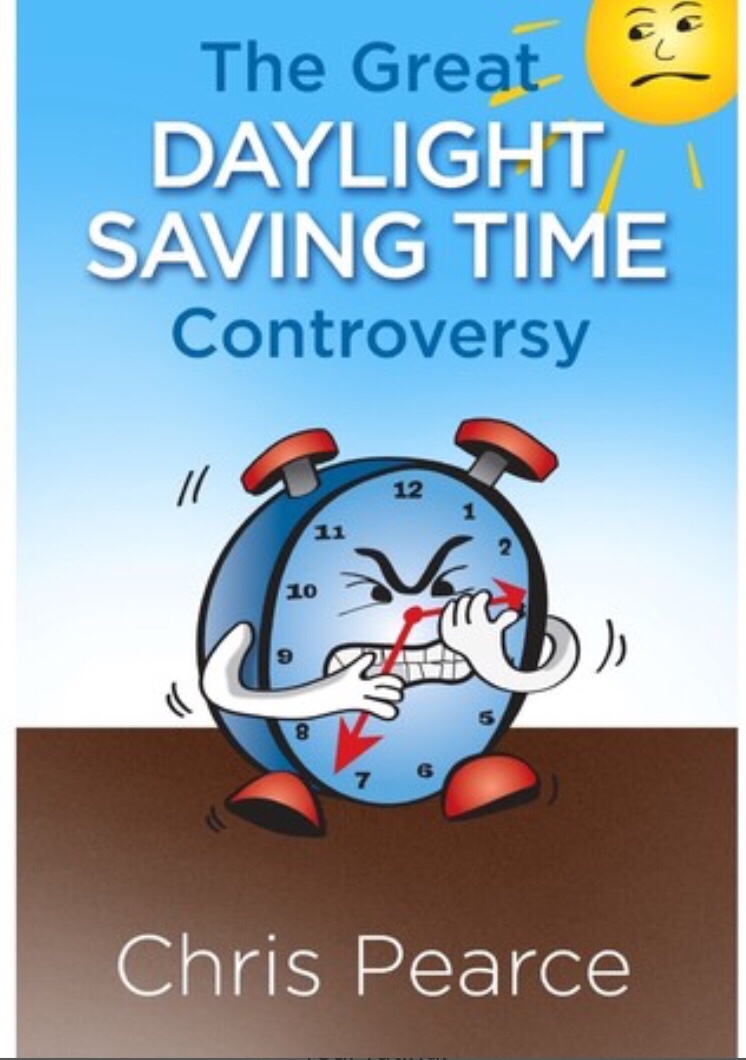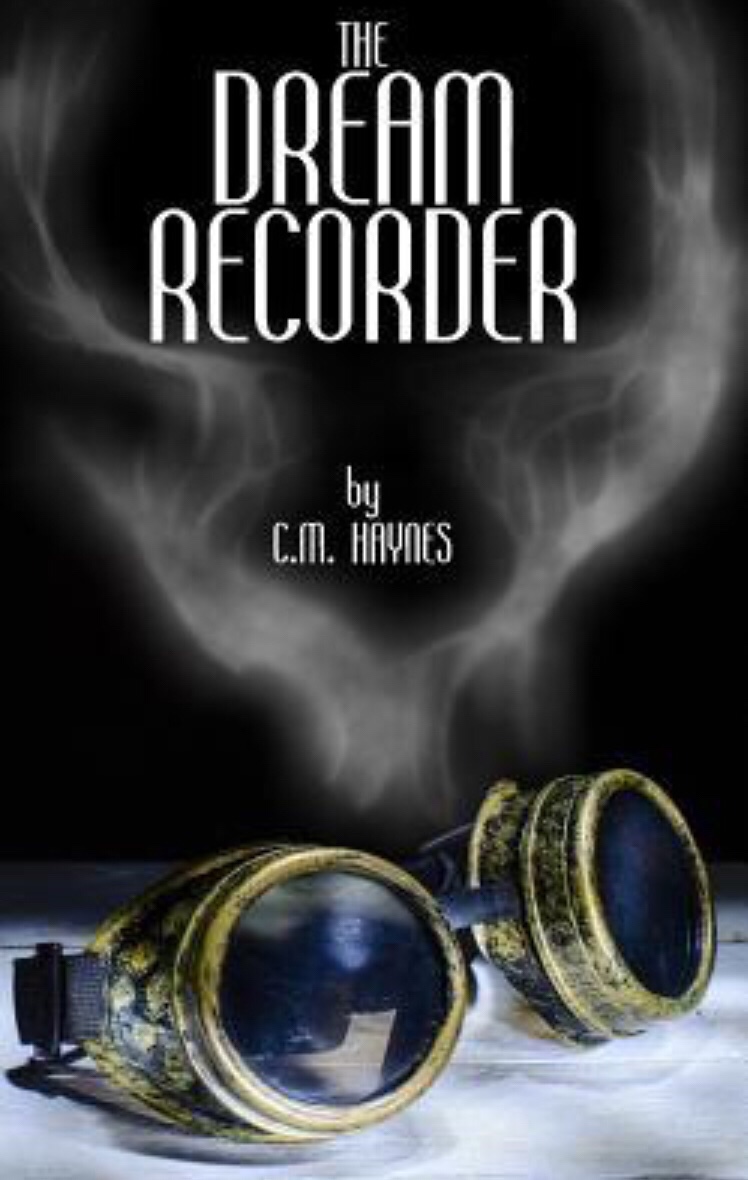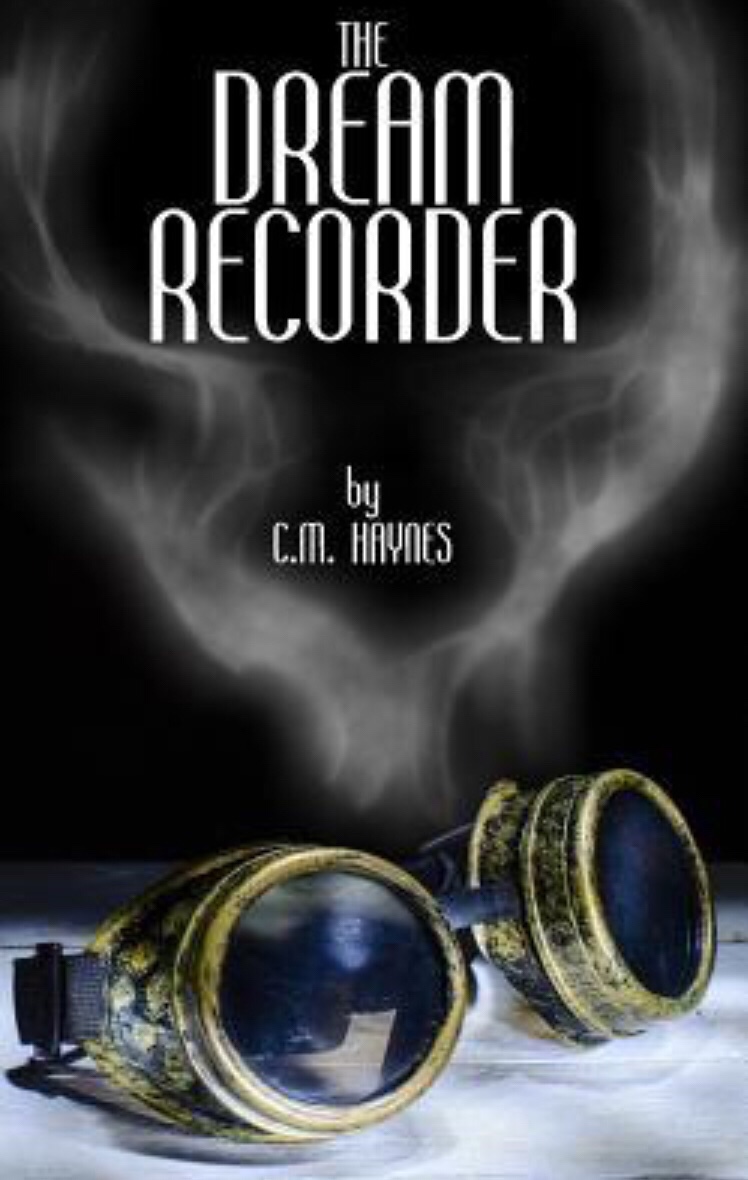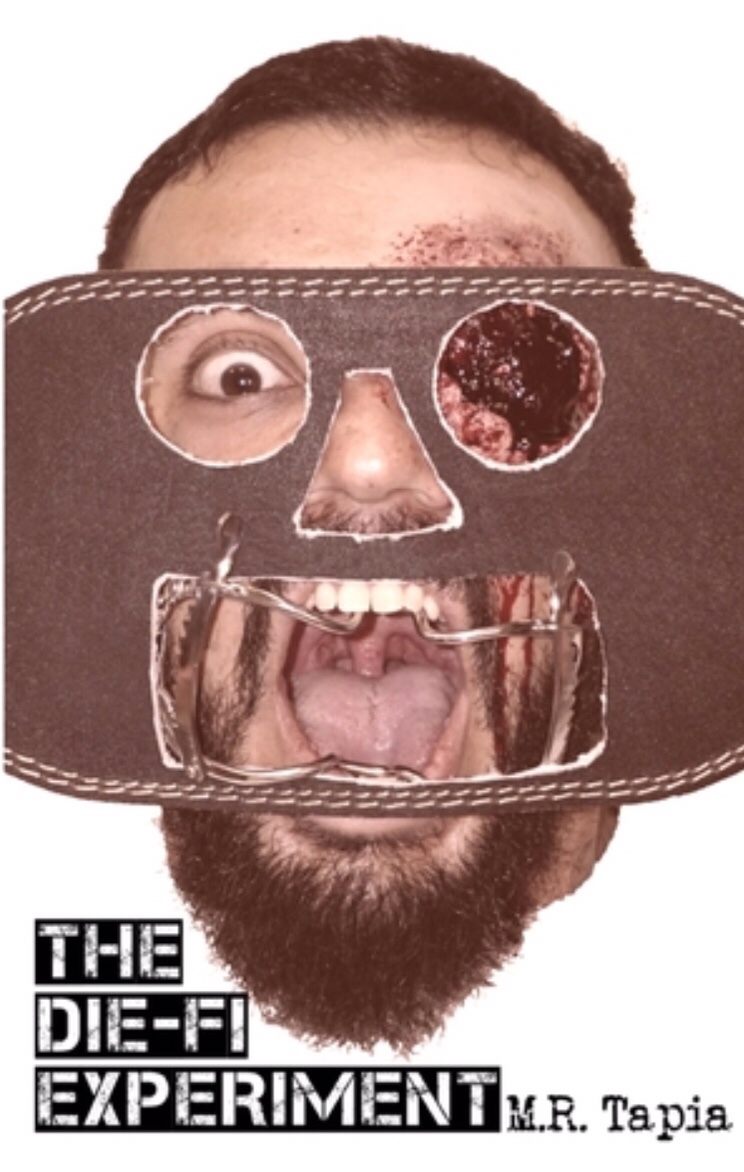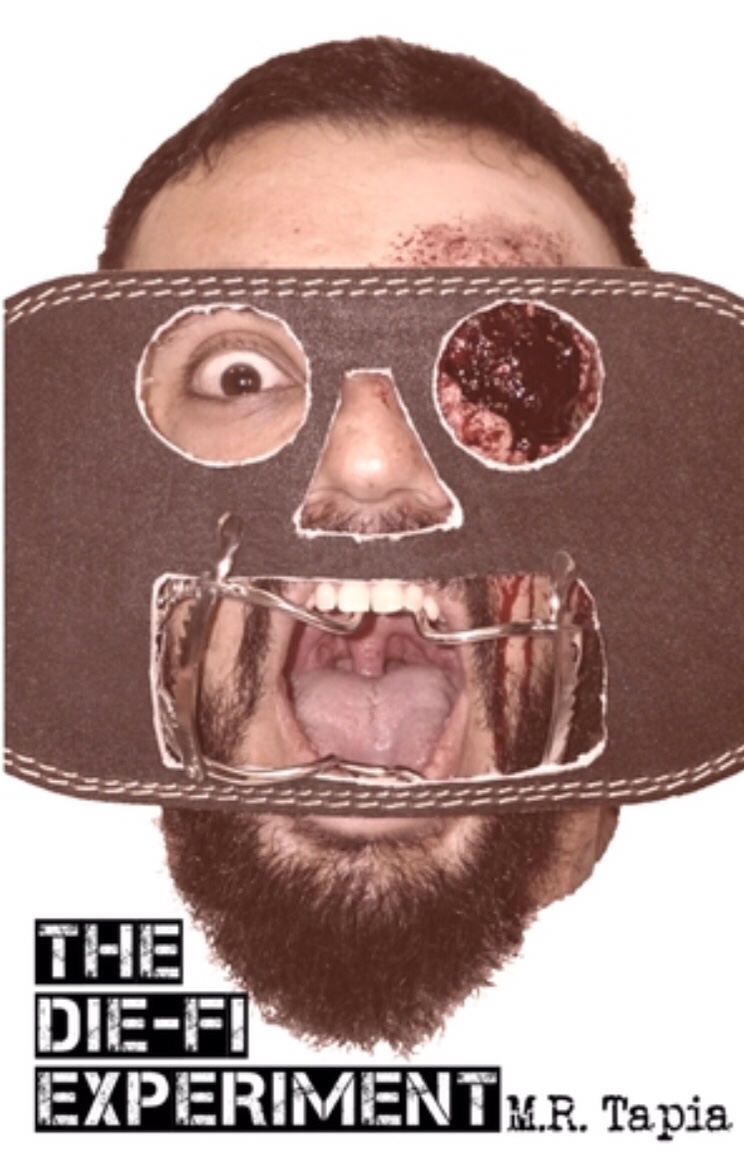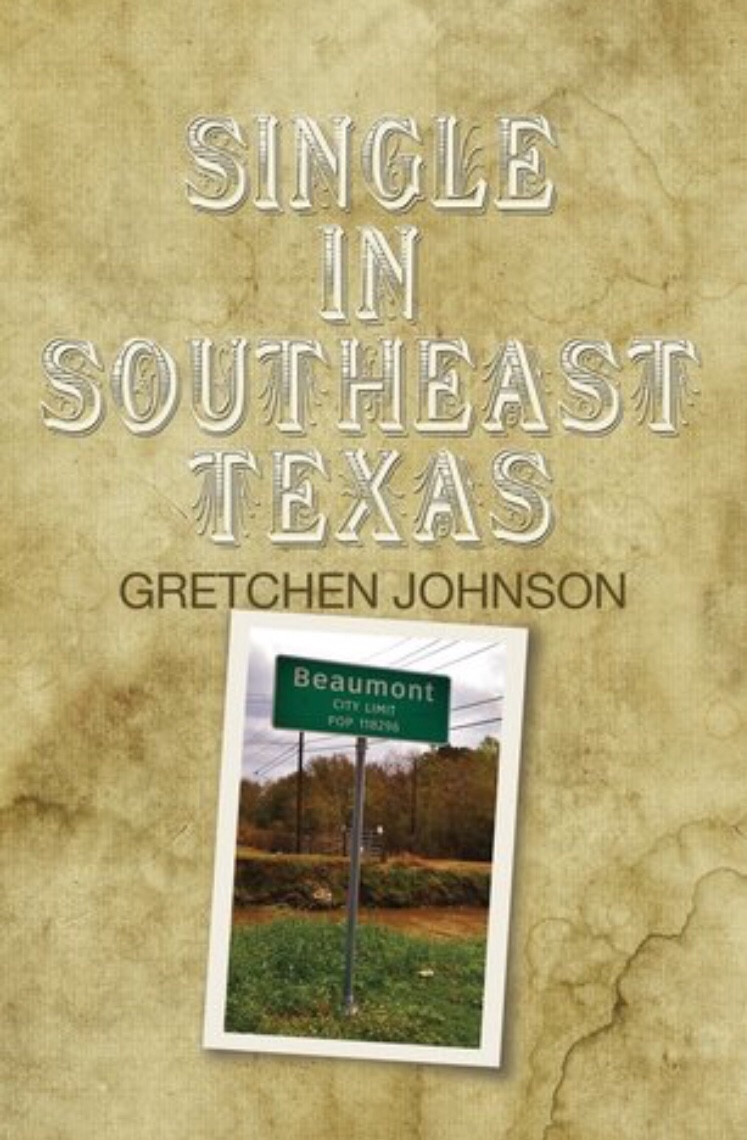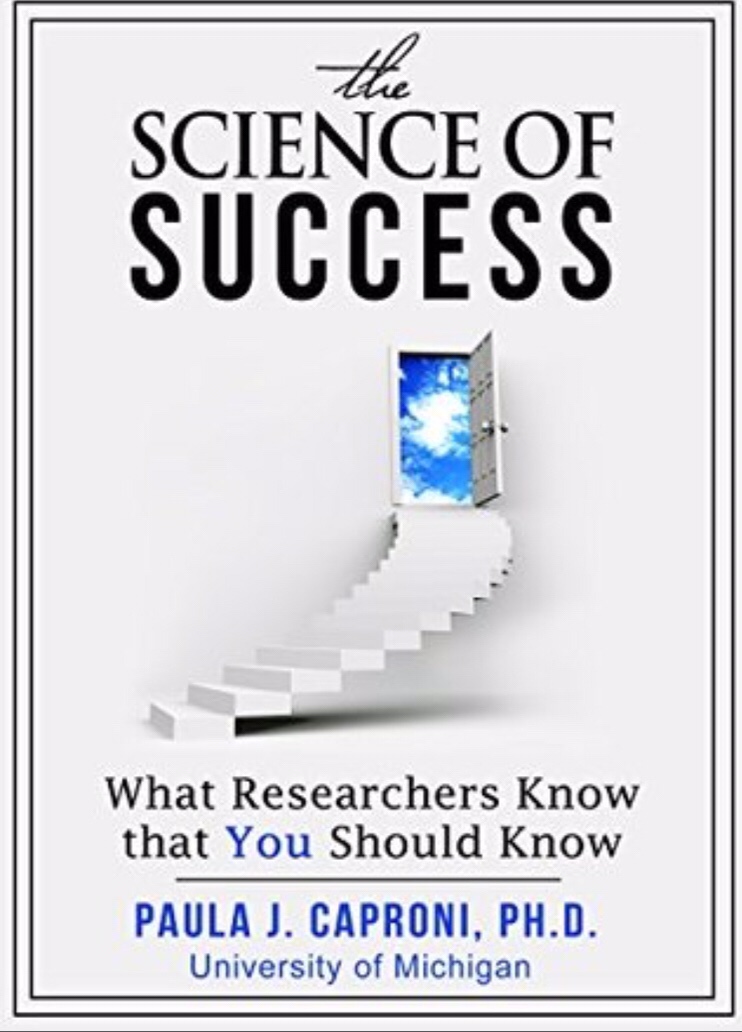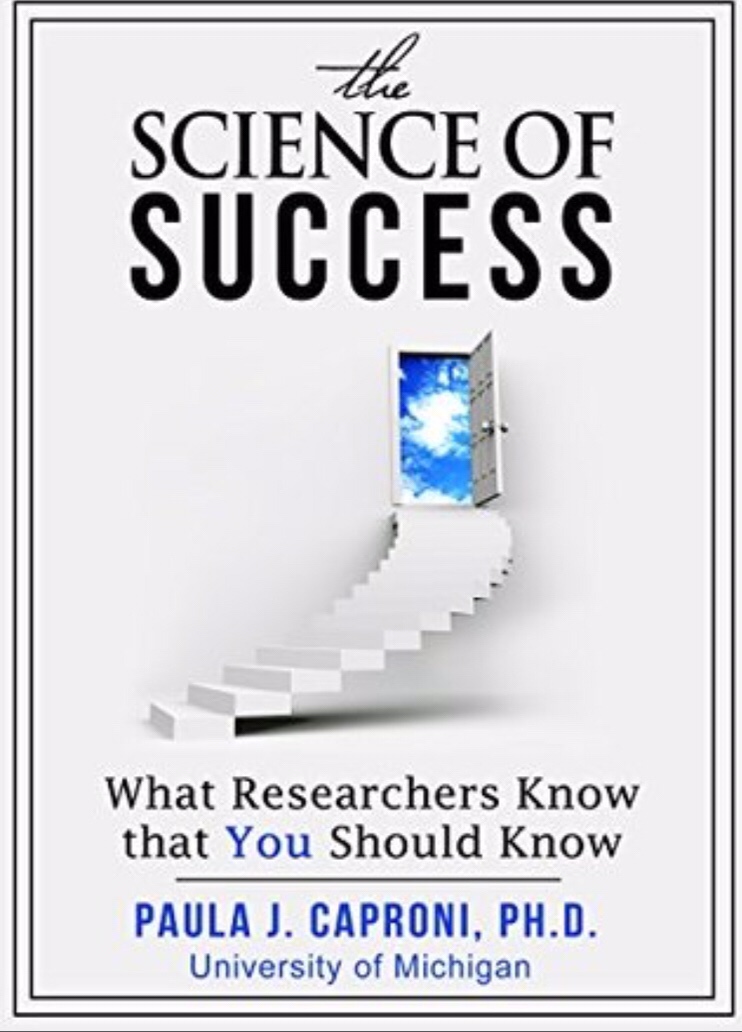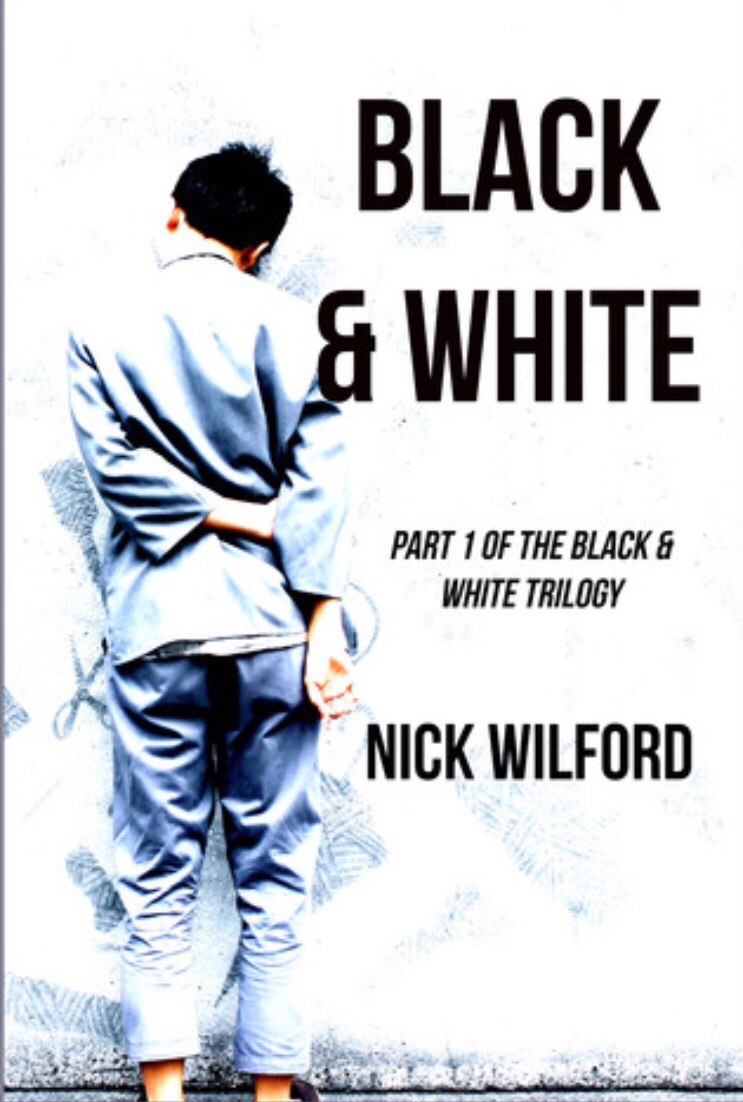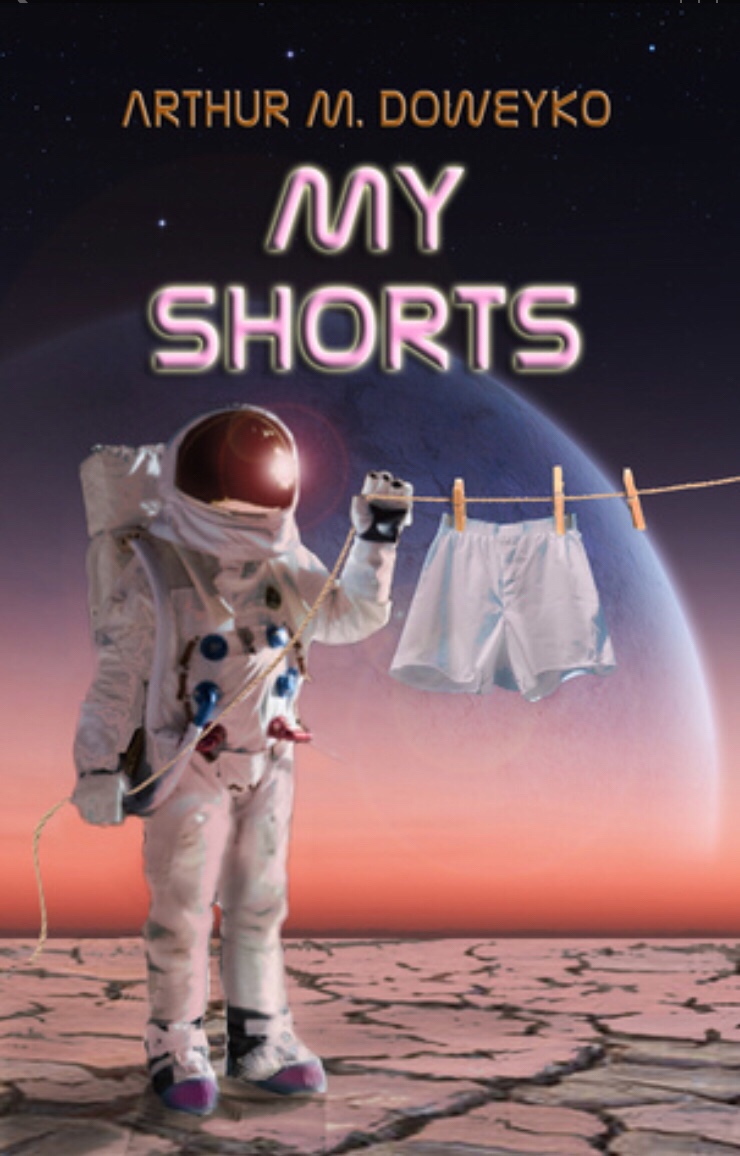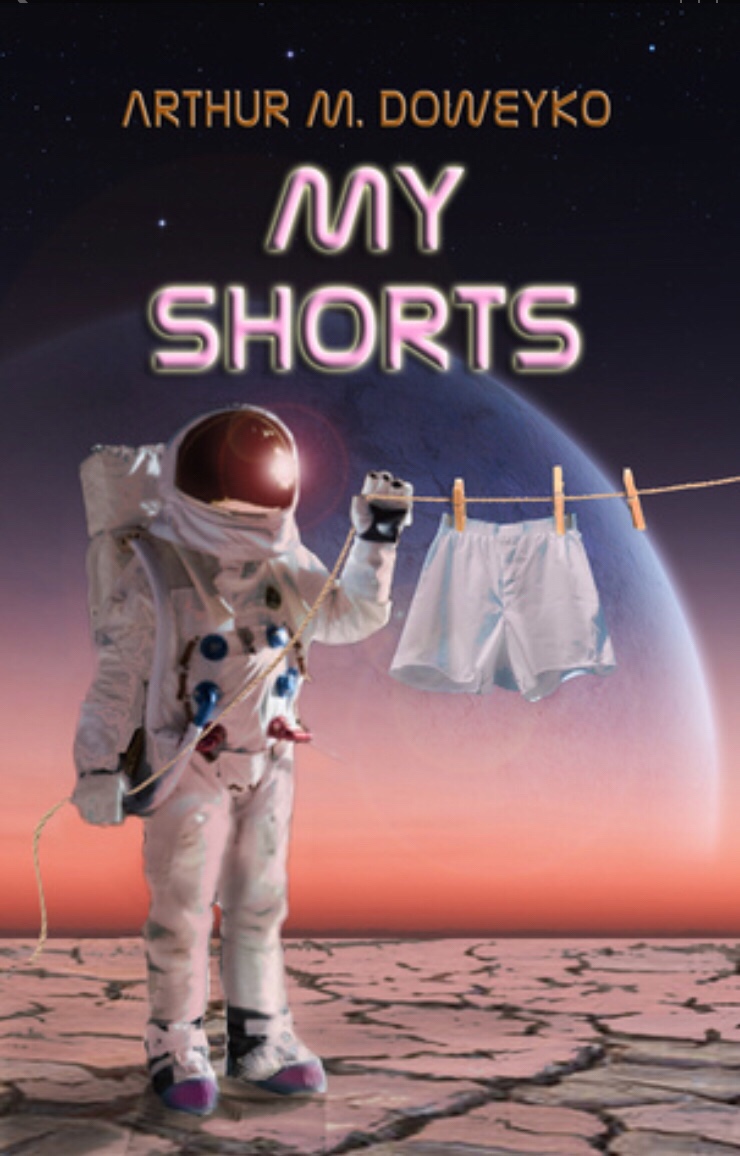

A detectives job is always significantly worse when the investigation involves those of wealthy backgrounds. For one reason or another, there just always seems to be something sinister and off about them. Tanja Morgenstein’s apparent suicide is causing Guerline Scarfe a serious headache, mostly because nothing is as it seems on Titan.
Okay, first of all, awesome setting for a detective story. Titan, and I assumed it’s the one we all know and love as Saturn’s moon, was where all of this took place, which makes this a sci-fi detective story. And the science fiction aspect is wonderful. Technical, without being overwhelming or jargon-heavy, so that casual sci-fi fans could also enjoy.
As far as the mystery genre goes, another point for this novel. The pacing seemed right, and the reader was drip-fed enough information to let them draw their own conclusions without holding their hand.
Scarfe was a wonderful protagonist to follow. She didn’t really follow many of the stereotypes present in either the mystery/detective genre, nor much in science fiction, either. I also can’t say that much stood out with her—she wasn’t a super-genius, a “hero”, or anything like that—she just was. And I think that’s what made her so appealing to me. She was well-suited for the nature of the novel.
Speaking of, the nice ended on an excellent cliffhanger. The author crafted their book to keep the readers turning pages, and it worked like a charm. I’m so looking forward to the next installment of the series.
